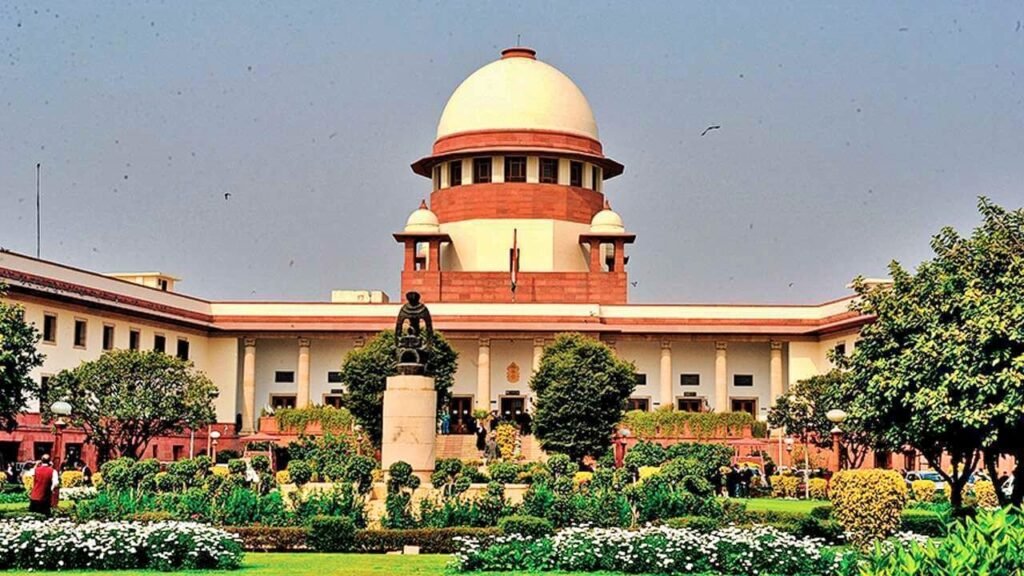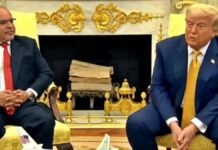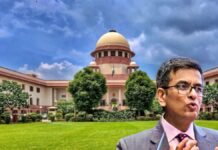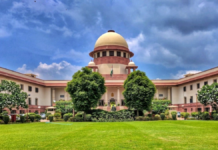
New Delhi: The Supreme Court on Tuesday (October 17) expressed strong displeasure with Maharashtra Assembly Speaker Rahul Narvekar for his delay in deciding the disqualification cases of some MLAs who had switched parties after the 2022 assembly elections. The court also took exception to the Speaker’s interview, in which he had claimed that his office was ‘co-equal’ to the apex court.
The matter relates to the petitions filed by Shiv Sena and NCP MLAs, who had challenged their disqualification by the Speaker under the anti-defection law. The MLAs had alleged that they were coerced and lured by the BJP to join its ranks and form a government in Maharashtra. However, the BJP failed to prove its majority and the Shiv Sena-NCP-Congress alliance came to power.
The Supreme Court was hearing the plea of the MLAs, who had sought an early decision on their disqualification petitions by the Speaker. A bench of Chief Justice DY Chandrachud, Justice JB Pardiwala, and Justice Manoj Mishra said that the Speaker was not performing his duty properly and was violating the spirit of the Tenth Schedule of the Constitution, which deals with the anti-defection law.
The bench said that when the office of the Speaker acts as a tribunal in deciding the disqualification cases, it is also accountable to the Supreme Court. The court said that it was not interfering in the functioning of the assembly, but was only ensuring that the constitutional mandate was followed.
The court also referred to the interview given by the Speaker, in which he had said that his office was ‘co-equal’ to the Supreme Court and that he would not be influenced by any external pressure. The bench said that such a statement was ‘unfortunate’ and ‘unwarranted’ and that the Speaker should respect the supremacy of the Supreme Court.

The court also said that it was giving the Speaker ‘the last chance’ to decide on the disqualification petitions as soon as possible, otherwise, it would have to intervene and pass appropriate orders. The court adjourned the hearing till October 30 and asked the Solicitor General Tushar Mehta, who was representing the Speaker, to convey its message to him.
The Solicitor General apologized on behalf of the Speaker and said that he was not aware of his interview. He said that there was no malafide intention behind his remarks and that he would abide by the court’s directions.
















































